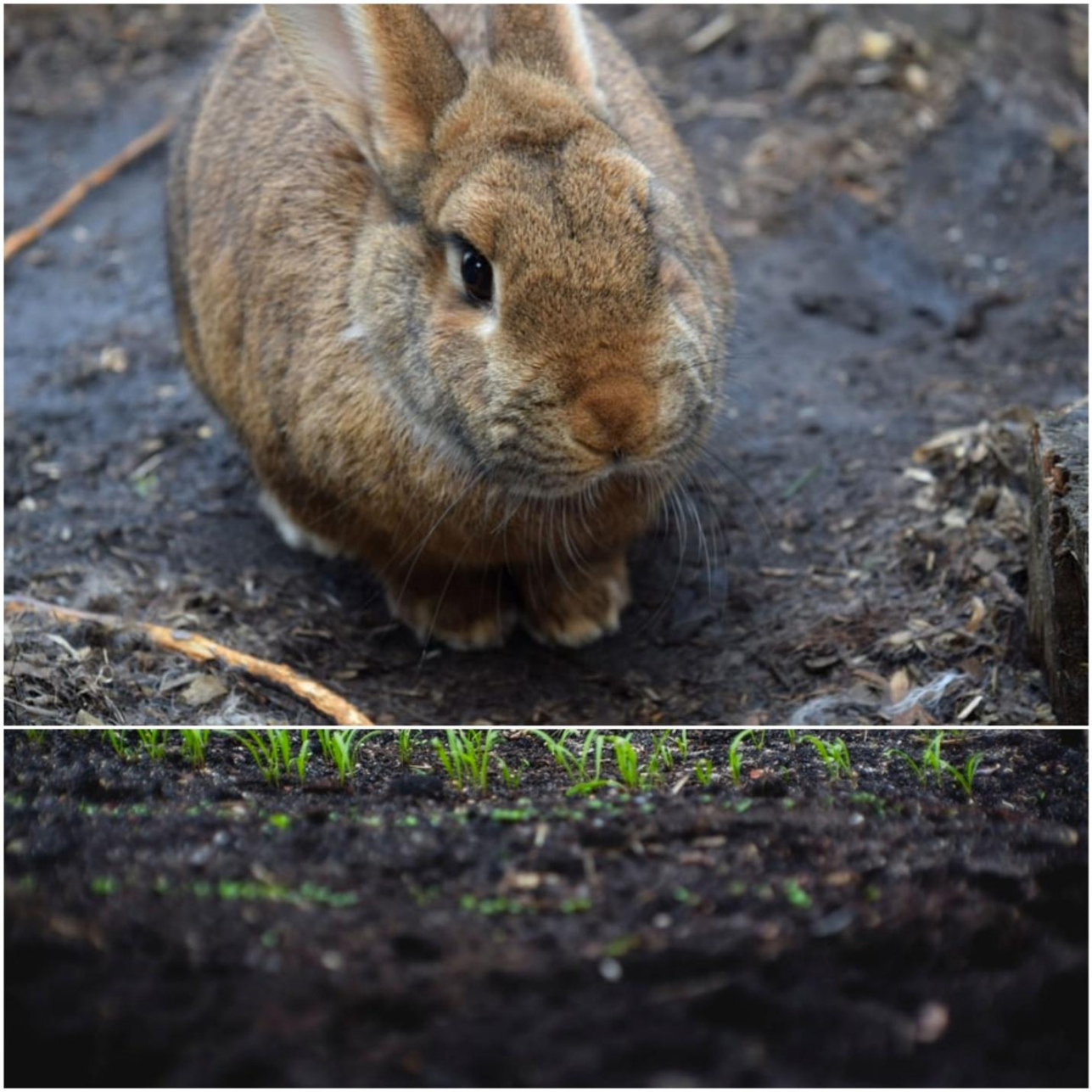How Much Does Rabbit Poop Sell For?
Rabbit poop, also known as rabbit manure or bunny berries, may not seem like a valuable commodity at first glance. However, it has gained attention in recent years for its numerous benefits in gardening and agriculture. This has led to a growing market for rabbit poop, with many gardeners and farmers willing to pay a premium for this organic fertilizer. In this article, we will explore the various factors that influence the price of rabbit poop and provide some insights into its potential value.

The Benefits of Rabbit Poop
Rabbit poop is considered one of the best organic fertilizers available due to its nutrient-rich composition. It is loaded with essential elements like nitrogen, phosphorus, and potassium, commonly known as NPK, which are crucial for plant growth. Additionally, rabbit manure contains a variety of micronutrients like calcium, magnesium, and zinc, which are vital for healthy soil and robust plant development.
Moreover, rabbit manure is a cold manure, which means it can be applied directly to plants without the need for composting or aging. This makes it convenient for both small-scale gardeners and large-scale agricultural operations. The high nitrogen content in rabbit poop also helps to speed up the decomposition of other organic matter in the soil, improving overall soil health.
Factors Influencing the Price
Several factors play a role in determining the price of rabbit poop:
- Availability: The availability of rabbit poop in a particular region can significantly impact its price. If rabbit farming is prevalent and easily accessible, the supply of rabbit manure will be higher, leading to lower prices. Conversely, if there is limited supply, the price may increase due to higher demand.
- Quality: The quality of rabbit manure can also influence its price. Well-composted rabbit poop that is free from contaminants or bedding material will fetch a higher price compared to fresh or poorly composted manure. High-quality rabbit poop will have a more balanced nutrient profile, making it more desirable for buyers.
- Organic Certification: Rabbit poop that is certified organic can command a premium price in the market. Organic certification ensures that the manure is produced without the use of synthetic chemicals or antibiotics, making it a preferred choice for organic farmers and gardeners.
- Packaging and Delivery: The way rabbit poop is packaged and delivered can also affect its price. If the manure is conveniently packaged in bags or containers, ready for use, it may have a higher price compared to bulk or loose manure. Additionally, the cost of transportation or shipping can influence the overall price of the product.
Understanding the Market
The market for rabbit poop varies depending on the region and the demand for organic fertilizers. In general, areas with a higher concentration of organic farms or environmentally conscious gardeners tend to have a more robust market for rabbit manure. Online platforms, local gardening stores, and agricultural supply companies are common avenues for purchasing rabbit poop.
Tip: Before selling or buying rabbit poop, it is essential to research the market in your area to understand the prevailing prices and demand. Networking with local farmers, gardeners, or agricultural extension offices can provide valuable insights.
Frequently Asked Questions
1. Is rabbit poop safe to use in vegetable gardens?
Yes, rabbit poop is safe to use in vegetable gardens. Unlike the manure of some other animals, such as cows or chickens, rabbit manure is considered cold manure and can be applied directly to plants without the risk of burning them. However, it is always recommended to compost the poop or mix it with other compost materials before using it to improve its nutrient availability.
2. How often should rabbit manure be applied to plants?
The frequency of applying rabbit manure depends on various factors such as the specific plant’s needs, the soil condition, and the composting stage of the manure. Generally, it is advisable to apply a thin layer of rabbit manure around plants once every four to six weeks during the growing season. However, it is essential to monitor the plants’ response and adjust the application frequency accordingly.
3. Can I sell rabbit manure as a side business?
Yes, selling rabbit manure can be a viable side business, especially if you have access to a steady supply of high-quality manure. It is essential to understand the market demand in your area, identify potential customers such as gardeners, farmers, or nurseries, and determine a competitive price for your product. Proper packaging, marketing, and reliable delivery options are also crucial for a successful rabbit manure business.
4. Are there any regulations or permits required to sell rabbit poop?
The regulations and permits required to sell rabbit manure may vary depending on your location. It is advisable to check with your local agricultural authorities or relevant government departments to understand any specific requirements or restrictions. In some cases, obtaining an organic certification might be necessary if you intend to sell your rabbit poop as an organic product.
In conclusion, the price of rabbit poop can fluctuate based on various factors such as availability, quality, organic certification, and packaging. With its numerous benefits for gardening and agriculture, rabbit manure has gained popularity and can be a valuable commodity for those in the market. Understanding the market demand and prices in your area, as well as complying with any relevant regulations, can help you make the most of this potentially lucrative opportunity.
Related Articles…
Copyright Notice:
Images displayed on this website are not our property, but are procured from the internet. If you hold copyrights to any image and wish for its removal, please get in touch with us.